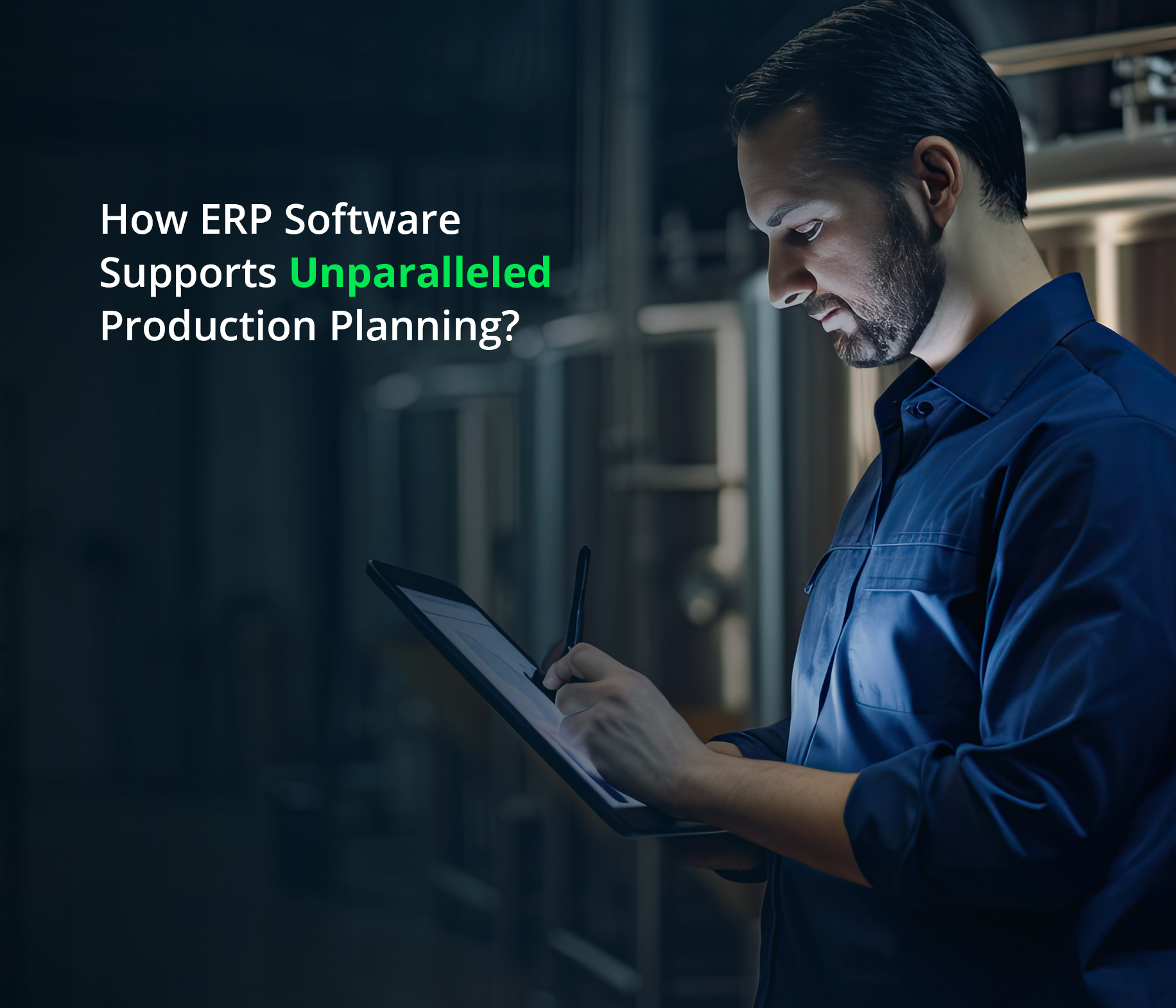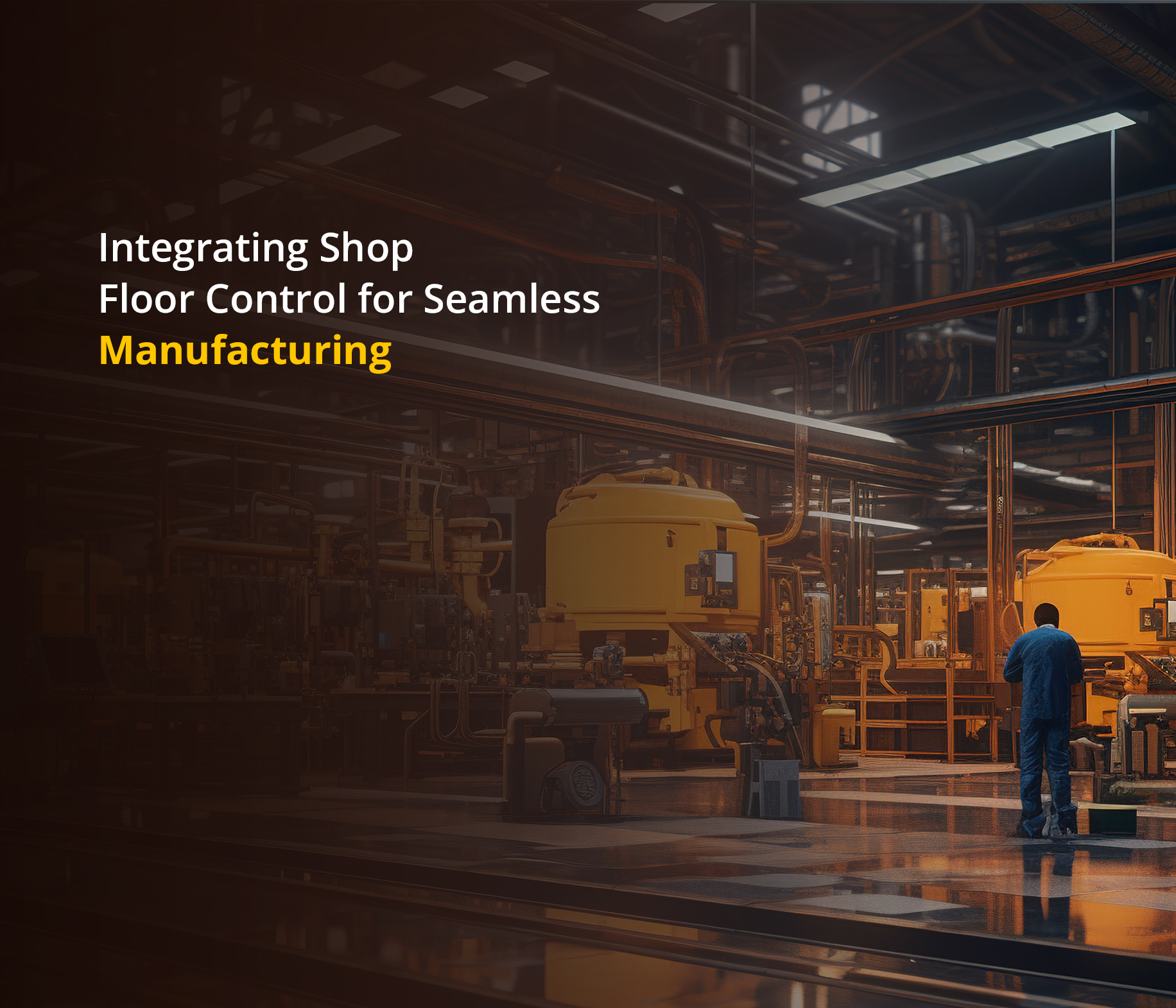Why Do you Need to Calculate ROI?
ERP system is implemented to reduce operating costs, increase productivity, and improve process integration. In other words, the system is meant to help you run and control your business to earn growth and profitability for your organization. However, if you are unable to get expected benefits from the software deployment and it outweighs your operational costs, it is a wrong choice to invest your hard-earned cash.
Thus, ROI analysis is an important part of the ERP selection process. It gives you clarity about how efficiently the ERP can be utilized and what advantages the system is going to bring to your business in the long and short run to justify the investment.
Key ERP ROI Measurement Parameters
Return on investment or ROI isn’t just about financial gain; it is, in fact, a much wider term that implies growth in efficiency and productivity of the operations being carried out by the company.
Let’s take a close look at the parameters of measuring the return on investments.
- Change in operation planning and control
- Change in production efficiency
- Cost of materials
- Cost of labor
- Sales revenue and gross margin percentage
- Change in administrative costs
- Cost of regulatory compliance

How ERP Implementation Delivers ROI?
ERP implementation requires initial upfront costs. However, once the system is successfully deployed, it helps you obtain benefits within a short period of time while letting you gain a clear understanding of what you can expect down the line.
There are many ways to measure the ROI, and it varies from business to business. With that being said, there are also few factors that are commonplace across the majority of the industries. Here, we’ve listed the most common ways an ERP project can bring maximum ROI to your business.
Cost-efficient operations
Post-go-live, the ERP system enables you to measure the operating expenses for utilities, resources, inventory, machinery, and so on. Regular monitoring of this business information helps you keep a tab on the workflows. Further, the detailed understanding of how each process functions and their expenses empowers you to reduce their operating costs, leading to more cost-efficient business.
Organization-wide data sharing
A better-collaborated workforce delivers more precise and on-point output.
One immediate impact of implementing an ERP solution is that the system enables users to add, modify, and uniformly share critical business data to the relevant departments or personnel in the organization. This seamless information sharing capability increases reliability and improves the quality of communication between employees.
Increased productivity
An ERP system automates business operations. It eliminates manual intervention in performing repetitive and tedious tasks, thus saving employees’ valuable time and allowing them to focus on business areas that need improvements. Therefore, with the help of ERP software, you would be able to utilize your workforce more efficiently and increase their overall productivity levels.
Agile decision making
Modern ERP software allows you to access the most vital business information in real-time. The system brings together every piece of data and evaluates them to generate accurate reports that can be used in developing business plans and make decisions for improving your day-to-day operations.
Improved decision making plays an important role in deciding the right path for your organization and utilize the resources appropriately to maximize its productivity and growth.
Greater visibility across operations
ERP software helps you immensely with operation management. It streamlines your supply chain and other business processes to offers better insights into what’s happening in each of them. This, as a result, would help you get notified about the forthcoming issues arising in the business and can be quickly averted to minimize its impact. Therefore, with the help of an apt ERP system, you are able to make informed decisions to optimize expenditures, increase profit, and stay ahead of competitors.
Centralization of database
By integrating your core business functions into a one, enterprise-wide system, you are able to streamline every process. You are not required to maintain independent systems for each department. The operations that were once disorganized are now more manageable.
This saves a lot of money and time associated with coordinating information from different systems, dealing with data redundancy, and straining additional resources in the process are also avoided.
Happier customers
Customer satisfaction is the key to business success. It is the essential fuel that keeps your business running. The best way to improve this is by providing customers with satisfactory services and support whenever they need.
ERP system would equip you with all necessary tools to help you attain a better understanding of your customer requirements, deals with their grievance, and maintain a long-lasting relationship with them.
Communication and business intelligence
Appropriately analyzing and interpreting business data is not an easy job and requires a lot of hard-work if done manually. Moreover, human intervention often leads to data redundancy and errors.
This can be eliminated with the help of sound ERP software. The system stores all business information in a centralized database and allows you to utilize a variety of inbuilt analytical tools for generating reports. This helps in improvising the communication across silo departments and make intelligent business decisions.
More productivity with real-time data
One immediate benefit of implementing an advanced ERP solution is that it allows organization-wide uniform flow of business data. The cloud-enabled system enables you to gain complete access to standardized and reliable information in real-time from any location and device. This ensures that the data stored in it is always up-to-date. Thus, improving collaboration across the departments and enhance productivity.
Conclusion
The ROI calculation is a problematic task. While analyzing the monitory investments such as license fees, maintenance fees, and total cost of ownership is crucial, it is equally important to pay attention to the amount of time and effort invested in your ERP implementation. These, put together, offer a measure of success or otherwise of your ERP project. Thus, considering the intricacy of the procedure, it is always a good idea to take help from the experts.
We offer the best ERP software in Saudi Arabia. Our team of consultants would help you choose the right ERP system for your business and analyze the ROI it is going to get you once the project goes live.







